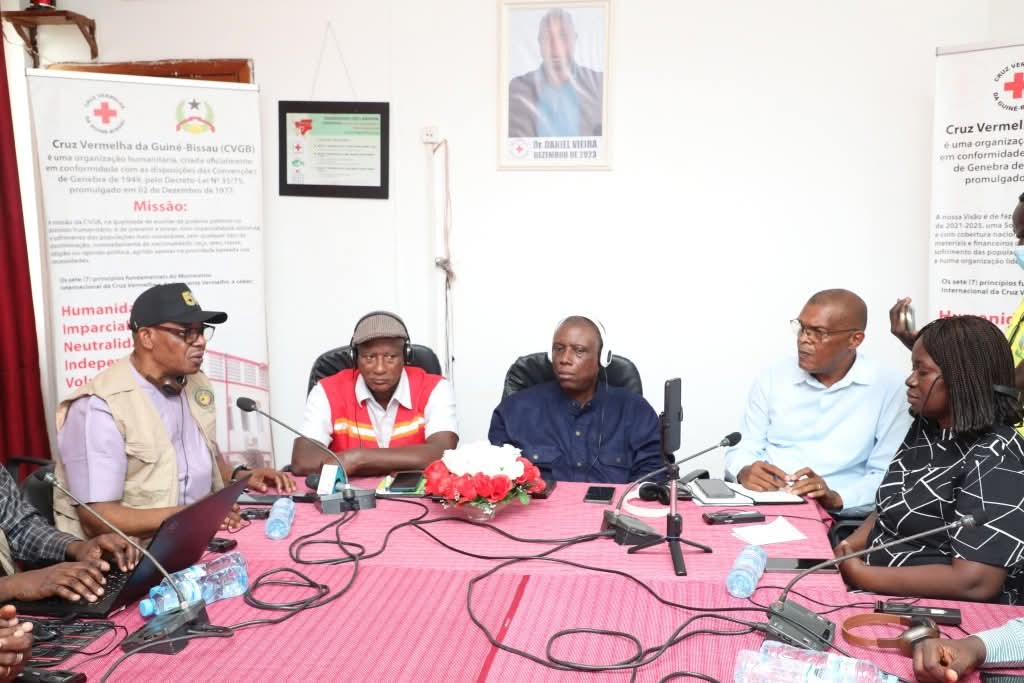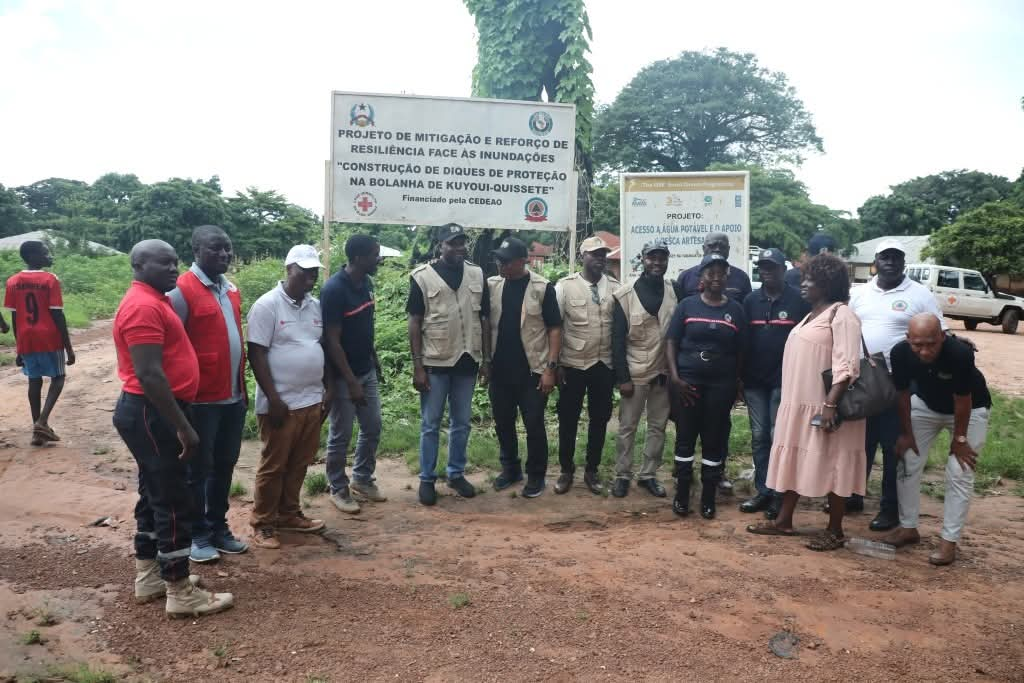Humanitarian Operations: ECOWAS Commences Critical Mission to Evaluate Impact of 2022 Flood Relief in G/Bissau.
By Raymond Enoch
In a decisive move to ensure transparency, accountability, and long-term impact of its humanitarian efforts, the Economic Community of West African States (ECOWAS) has dispatched a high-level delegation to Guinea-Bissau for a six-day Monitoring and Evaluation (M&E) mission. The mission, spearheaded by the ECOWAS Commission’s Department of Humanitarian Affairs and Social Development, began on September 1 and is scheduled to conclude on September 6, 2025.

This strategic field mission marks a pivotal chapter in the region’s ongoing recovery from the devastating floods of 2022, which left a trail of destruction across communities in Guinea-Bissau, displacing thousands of families, crippling infrastructure, and worsening an already fragile humanitarian situation.
Following the floods, ECOWAS, in partnership with Guinea-Bissau’s Civil Protection Agency, the Red Cross, and the national fire service, rolled out a comprehensive humanitarian response anchored in a disaster risk reduction framework. The objective was not only to deliver immediate relief but also to lay the foundation for resilience in communities most vulnerable to climate-induced disasters.
Over 11,000 households across nine severely affected communities benefitted from a broad range of interventions. These included the rehabilitation of schools to allow children to resume their education, the construction of dikes and drainage systems to mitigate future flooding, and the installation of water regulators to improve control of floodwaters. In addition, approximately 550 hectares of rice fields were restored, boosting food production and livelihoods in rural areas. ECOWAS also ensured the distribution of both food and non-food relief items to displaced families and other vulnerable groups, offering vital support during the critical post-disaster recovery phase.

As part of its commitment to transparency and effectiveness, ECOWAS is now conducting this evaluation mission to assess the impact of these interventions. The delegation will visit various project sites, interact with community members, and meet with implementation partners to collect data and feedback. The findings are expected to guide future humanitarian strategies, not just in Guinea-Bissau but across the entire West African region.
A senior ECOWAS official on the mission described the evaluation as an essential step in closing the loop between policy, action, and real-world outcomes. “This mission is about more than statistics; it’s about ensuring that our humanitarian investments translate into real, measurable change in the lives of people,” the official said.
Initial reports from local partners suggest that the ECOWAS interventions have had a positive and lasting impact on the affected communities. Many residents have returned to their homes, children are back in school, and farmers are cultivating their land again, buoyed by the restored rice fields and improved water management systems.
Guinea-Bissau’s collaboration with ECOWAS during this mission underscores the importance of regional solidarity in addressing shared challenges. As West Africa faces increasing climate-related threats, such initiatives set a precedent for coordinated, proactive responses grounded in evidence and community engagement.
The mission will culminate in a detailed impact report, which will provide insights into best practices, gaps, and lessons learned. This will not only help shape future ECOWAS humanitarian programming but also reinforce the organization’s role as a central actor in disaster preparedness and response in the sub-region.
As the team continues its work across the affected zones, the significance of regional cooperation, timely intervention, and ongoing evaluation becomes clearer: that rebuilding lives after disaster demands not just aid, but accountability and long-term vision.









